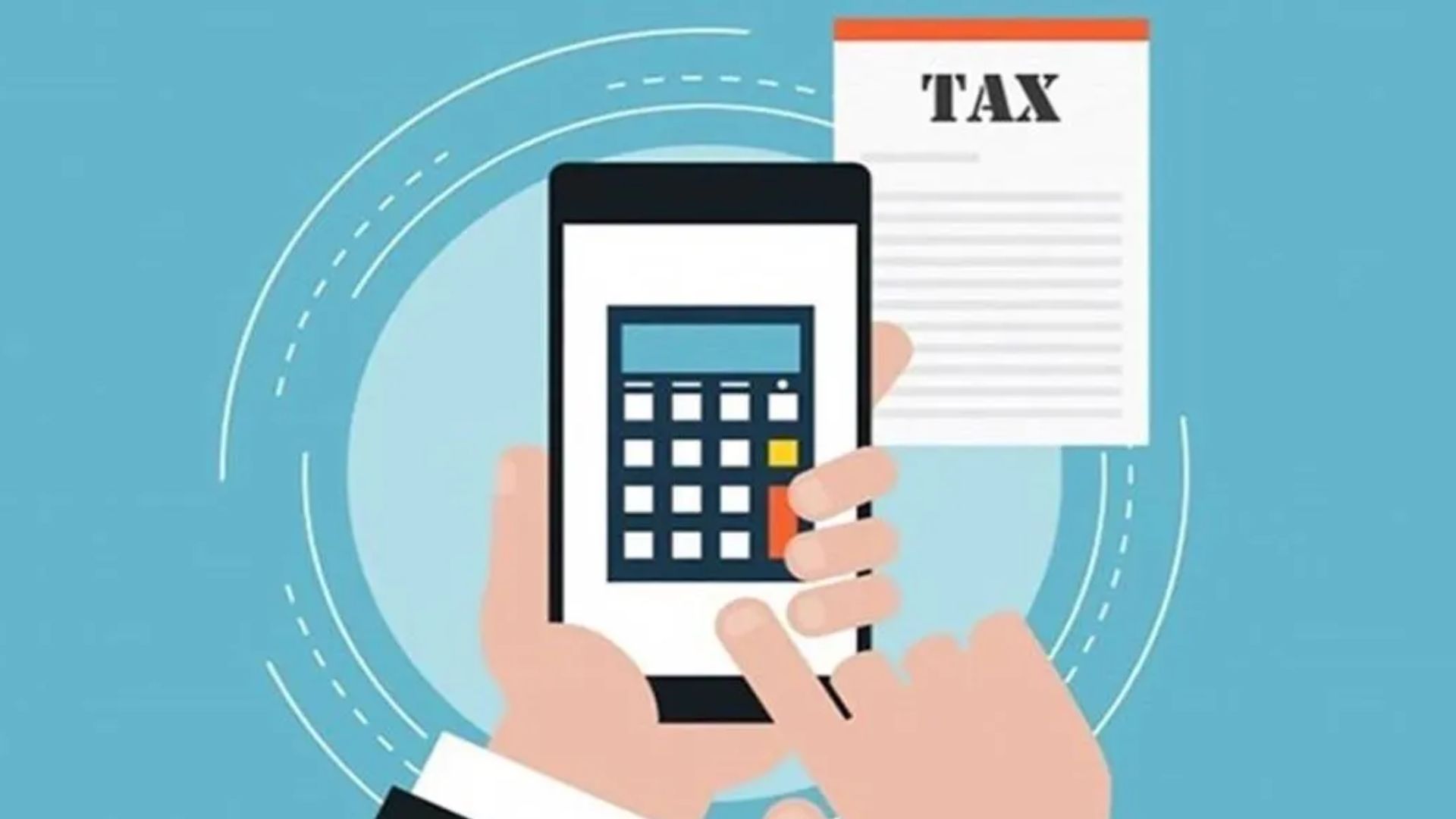
ITR Filing 2023-24 Must-Have Documents Checklist
The Income Tax department is advising taxpayers to provide a thorough account of their gross salaries and other sources of income when completing their Income Tax Returns (ITR) now that tax season has arrived.
The standard procedure for laypeople and commoners is to file an ITR. Nonetheless, it’s a good idea to have all the required paperwork available to speed up the procedure. The essential paperwork you’ll need to electronically file your ITR is shown below.
PAN Card And Aadhar
PAN and Aadhaar cards are crucial for all financial transactions. Both files are necessary in order to file an ITR. Every taxpayer is required by Section 139AA of the Income Tax Act to provide their Aadhar data with their return submission.
Form 16
For those who are salaried, Form 16 is mandatory. It’s a TDS certificate from your employer that includes information on the taxes withheld from your pay, your PAN, the PAN and TAN of your employer, and a breakdown of your total pay.
Pay Slips
Your most recent pay stubs are crucial as they provide details about several allowances with distinct tax treatment, such as housing rent allowance and transportation allowance.
Proofs of Tax-Saving Investments
Under sections 80C, 80CCC, and 80CCD, investment evidence for Public Provident Funds (PPF), Employee Provident Funds (EPF), and Life Insurance can assist lower your tax burden (1). With these papers, you may make deductions of up to Rs 1.5 lakh.
Certificates of Interest from Banks and the Post Office
You must get interest certificates from savings accounts, post office accounts, and fixed deposits (FDs) to record interest income on your income tax return (ITR).
Evidence Of Capital Gains
To compute your capital gains, you’ll need records such as purchase/sale deeds and statements from mutual fund companies or brokers if you made stock investments, sold real estate, or invested in mutual funds.
Receivables for Health Insurance Premiums
The amount of paid premiums for health insurance is deductible under section 80D. Up to Rs. 25,000 can be claimed for you, your partner, and your kids; if you additionally cover your parents’ medical expenses, you can claim up to Rs. 50,000.



